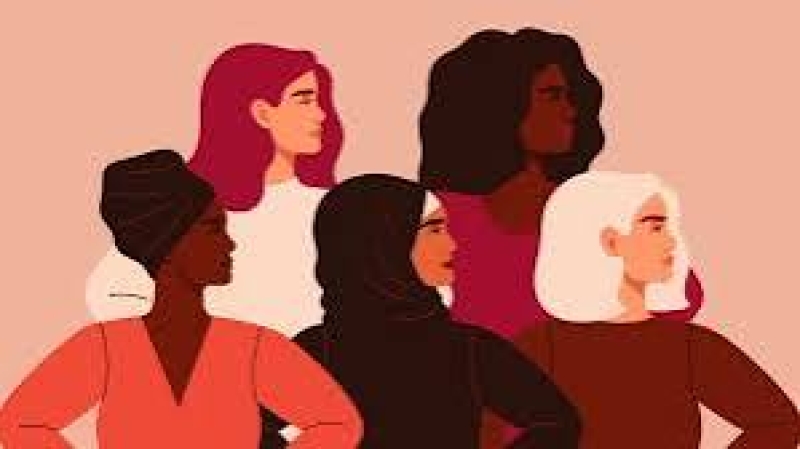- Tarique Rahman returns home amid rapturous reception |
- Home After 17 Years: Tarique Returns to Gulshan Residence |
- Tarique Calls for United Effort to Build a Safe Bangladesh |
- Tarique leaves for 300 feet area from airport |
- BNP top leaders welcome Tarique Rahman on homecoming |
A step in the right direction for financial inclusion
For too long, women in Bangladesh have faced significant barriers to accessing formal financial services

While Bangladesh has undoubtedly made strides when it comes to financial inclusion, there remains a distinct gender gap, with more males than females enjoying the benefits.
To that end, agent banking’s role in bridging this gap must be recognized; according to Bangladesh Bank data, of all the number of accounts opened through agent banking in March 2024, 49.71% belong to female customers. Equally encouraging is the fact that over 86% of the accounts belong to customers in the rural areas, thus bringing more historically marginalized populations under formal banking.
With traditional banking services having long been inaccessible to the rural populace, it is good to see agent banking, which the government introduced in 2013 precisely to provide rural women with banking services, emerge to bridge the gap not only between urban and rural communities, but empowering women and promoting financial inclusion on an unprecedented scale.
For too long, women in Bangladesh have faced significant barriers to accessing formal financial services. Cultural norms, mobility constraints, and a lack of financial literacy have all contributed to this disparity. Agent banking, with its decentralized and convenient approach, has the potential to dismantle these obstacles and unlock a world of economic opportunities for women, reports DT.
This convenience factor is particularly significant for women, who often juggle multiple responsibilities and face challenges with regard to getting out of homes to go long distances. With agents operating within close proximity, women have finally been able to access financial services without compromising their safety or cultural norms.
As Bangladesh continues its journey towards financial inclusion, agent banking stands as a powerful tool to bridge the gender gap. We must continue to remove barriers and empower women if we are to reach our full potential as a nation.

